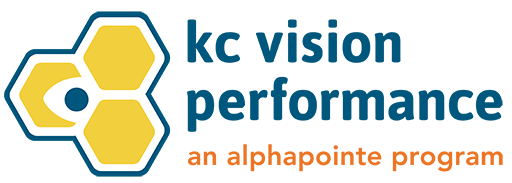Neuro-optometry is treatment designed to maximize visual intake, visual-motor, visual-perceptual processing function in a neurologically affected patient. A neuro-optometrist assesses how the brain processes information taken in through the visual system. When communication between your brain and eyes is disrupted due to injury or disease, vision problems usually occur. Neuro-optometrists recognize symptoms that are associated with trauma that affects functional vision.
A patient who experiences brain injury, stroke, balance and mobility issues, loss of one eye, double vision, light sensitivity, post trauma vision syndrome, or visual midline shift syndrome should be referred to a neuro-optometrist for further evaluation.
A neuro-optometric evaluation is followed by a rehabilitation treatment plan that is specific to the patient. The plan addresses visual problems created by the specific injury or illness, as well as the environmental problems that impact a patient’s quality of life when the visual system is impaired.
Treatment may include evaluation for prescription lenses, prism lenses, and other appropriate visual rehabilitation strategies, including vision therapy.
Types of problems treated with neuro-optometry are:
- Traumatic Brain Injury (TBI)
- Concussion
- Cerebrovascular Accident (CVA)
- Multiple Sclerosis (MS)
- Cerebral Palsy (CP)
- Autism
- Parkinson’s Disease
- Other Neurological Conditions
